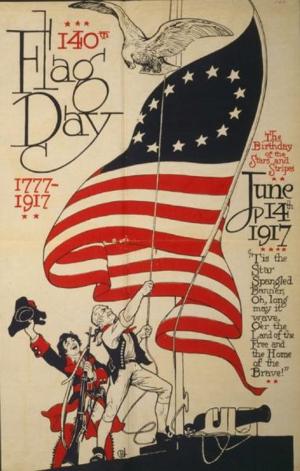Woodrow Wilson as I Know Him
Nonfiction, Religion & Spirituality, New Age, History, Fiction & Literature| Author: | Joseph P. Tumulty | ISBN: | 9781465552631 |
| Publisher: | Library of Alexandria | Publication: | March 8, 2015 |
| Imprint: | Language: | English |
| Author: | Joseph P. Tumulty |
| ISBN: | 9781465552631 |
| Publisher: | Library of Alexandria |
| Publication: | March 8, 2015 |
| Imprint: | |
| Language: | English |
Woodrow Wilson prefers not to be written about. His enemies may, and of course will, say what they please, but he would like to have his friends hold their peace. He seems to think and feel that if he himself can keep silent while his foes are talking, his friends should be equally stoical. He made this plain in October, 1920, when he learned that I had slipped away from my office at the White House one night shortly before the election and made a speech about him in a little Maryland town, Bethesda. He did not read the speech, I am sure he has never read it, but the fact that I had made any sort of speech about him, displeased him. That was one of the few times in my long association with him that I found him distinctly cold. He said nothing, but his silence was vocal. I suspect this book will share the fate of the Bethesda speech, will not be read by Mr. Wilson. If this seems strange to those who do not know him personally, I can only say that "Woodrow Wilson is made that way." He cannot dramatize himself and shrinks from attempts of others to dramatize him. "I will not write about myself," is his invariable retort to friends who urge him to publish his own story of the Paris Peace Conference. He craves the silence from others which he imposes upon himself. He is quite willing to leave the assessment and interpretation of himself to time and posterity. Knowing all this I have not consulted him about this book. Yet I have felt that the book should be written, because I am anxious that his contemporaries should know him as I have known him, not only as an individual but also as the advocate of a set of great ideas and as the leader of great movements. If I can picture him, even imperfectly, as I have found him to be, both in himself and in his relationship to important events, I must believe that the portrait will correct some curious misapprehensions about him
Woodrow Wilson prefers not to be written about. His enemies may, and of course will, say what they please, but he would like to have his friends hold their peace. He seems to think and feel that if he himself can keep silent while his foes are talking, his friends should be equally stoical. He made this plain in October, 1920, when he learned that I had slipped away from my office at the White House one night shortly before the election and made a speech about him in a little Maryland town, Bethesda. He did not read the speech, I am sure he has never read it, but the fact that I had made any sort of speech about him, displeased him. That was one of the few times in my long association with him that I found him distinctly cold. He said nothing, but his silence was vocal. I suspect this book will share the fate of the Bethesda speech, will not be read by Mr. Wilson. If this seems strange to those who do not know him personally, I can only say that "Woodrow Wilson is made that way." He cannot dramatize himself and shrinks from attempts of others to dramatize him. "I will not write about myself," is his invariable retort to friends who urge him to publish his own story of the Paris Peace Conference. He craves the silence from others which he imposes upon himself. He is quite willing to leave the assessment and interpretation of himself to time and posterity. Knowing all this I have not consulted him about this book. Yet I have felt that the book should be written, because I am anxious that his contemporaries should know him as I have known him, not only as an individual but also as the advocate of a set of great ideas and as the leader of great movements. If I can picture him, even imperfectly, as I have found him to be, both in himself and in his relationship to important events, I must believe that the portrait will correct some curious misapprehensions about him















